“Kosovo, South Ossetia can’t be compared”
Kosovo and South Ossetia should not to be compared, says a leading NGO official.
Wednesday, 13.08.2008.
16:52

Kosovo and South Ossetia should not to be compared, says a leading NGO official. "It is not something that can be compared. “Kosovo, South Ossetia can’t be compared” "Kosovo saw ethnic cleansing and was the victim of the former nationalist regime of Slobodan Milosevic. Georgian President Mikhael Saakashvili did no such thing in South Ossetia, neither in terms of persecution of the population, nor in terms of political ambitions,” said Jim Townsend, the U.S. Atlantic Council’s Program Director for International Security. When asked about Russia’s real objectives—to ensure security for the citizens or to remove the pro-Western government in Tbilisi, Townsend said that “the military goal might have been quite different from the political.” "The military action might have started with the goal of helping civilians in South Ossetia,” he said. “However, since the response of the West was mild, Moscow decided that it was a good time to achieve some political objectives that were of strategic importance,” Townsend surmised. The NGO director said that some of those objectives might have included toppling Sakashvilli’s pro-Western government and taking over control of the oil pipelines. Townsend said that Russia’s military intervention had provoked a feeling of unease in the U.S. and Europe, as well as all over the world. He said that Russia’s reaction had harked back to Soviet times and tactics, which included the use of unrealistic and excessive accusations and military means in order to achieve political goals. Townsend said that the Russian operation had destabilized the Caucasus region, adding that the Ukrainians might now sense that their aspirations towards greater democracy could be jeopardized. He added that the Russian action therefore presented a challenge for the U.S., NATO and the entire Western world. The United States, the NGO official said, had paused to reconsider whether cooperation with Russia was possible in the months and years to come. “The U.S., EU and NATO are trying to evaluate the current situation and to find a real solution for it,” he said. Townsend added that there would be “major repercussions” for Russia, and that “this is not an action that Russia can be proud of,” since its reputation had been tarnished in the West and in the U.S. The NGO official said that it was unlikely that Europe’s oil supplies would be jeopardized because of the situation in Georgia. "We need Russian help in Iran, but Russia needs our help to solve crises all around the world, especially the Middle East, a region that might become a problem for Russia,” Townsend pointed out. Inconsistency The United States is inconsistent in its support for independence movements in different states and, like any other big power, it supports those who destabilize its competition - Russia, China and Iran - and does not support those who may harm their allies, the Los Angeles Times said on Wednesday. The newspaper said that this foreign political reality of big powers explains why the United States supported the independence of Kosovo, but not that of South Ossetia, supporting at the same time South Sudan and Tibet, but not the Kurdish movement in southern Turkey or Basques in Spain. However, the United States must be more consistent in this and not set the borders it desires, but solve the issues within existing borders in order to avoid new conflicts, the daily said.
“Kosovo, South Ossetia can’t be compared”
"Kosovo saw ethnic cleansing and was the victim of the former nationalist regime of Slobodan Milošević. Georgian President Mikhael Saakashvili did no such thing in South Ossetia, neither in terms of persecution of the population, nor in terms of political ambitions,” said Jim Townsend, the U.S. Atlantic Council’s Program Director for International Security.When asked about Russia’s real objectives—to ensure security for the citizens or to remove the pro-Western government in Tbilisi, Townsend said that “the military goal might have been quite different from the political.”
"The military action might have started with the goal of helping civilians in South Ossetia,” he said.
“However, since the response of the West was mild, Moscow decided that it was a good time to achieve some political objectives that were of strategic importance,” Townsend surmised.
The NGO director said that some of those objectives might have included toppling Sakashvilli’s pro-Western government and taking over control of the oil pipelines.
Townsend said that Russia’s military intervention had provoked a feeling of unease in the U.S. and Europe, as well as all over the world.
He said that Russia’s reaction had harked back to Soviet times and tactics, which included the use of unrealistic and excessive accusations and military means in order to achieve political goals.
Townsend said that the Russian operation had destabilized the Caucasus region, adding that the Ukrainians might now sense that their aspirations towards greater democracy could be jeopardized.
He added that the Russian action therefore presented a challenge for the U.S., NATO and the entire Western world.
The United States, the NGO official said, had paused to reconsider whether cooperation with Russia was possible in the months and years to come.
“The U.S., EU and NATO are trying to evaluate the current situation and to find a real solution for it,” he said.
Townsend added that there would be “major repercussions” for Russia, and that “this is not an action that Russia can be proud of,” since its reputation had been tarnished in the West and in the U.S.
The NGO official said that it was unlikely that Europe’s oil supplies would be jeopardized because of the situation in Georgia.
"We need Russian help in Iran, but Russia needs our help to solve crises all around the world, especially the Middle East, a region that might become a problem for Russia,” Townsend pointed out.
Inconsistency
The United States is inconsistent in its support for independence movements in different states and, like any other big power, it supports those who destabilize its competition - Russia, China and Iran - and does not support those who may harm their allies, the Los Angeles Times said on Wednesday.The newspaper said that this foreign political reality of big powers explains why the United States supported the independence of Kosovo, but not that of South Ossetia, supporting at the same time South Sudan and Tibet, but not the Kurdish movement in southern Turkey or Basques in Spain.
However, the United States must be more consistent in this and not set the borders it desires, but solve the issues within existing borders in order to avoid new conflicts, the daily said.













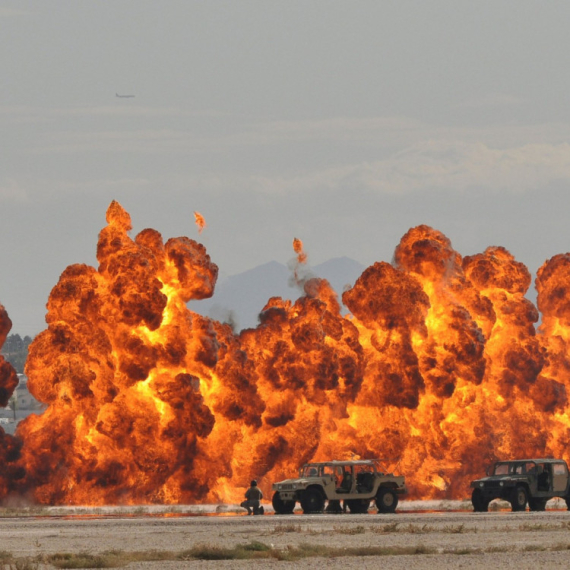


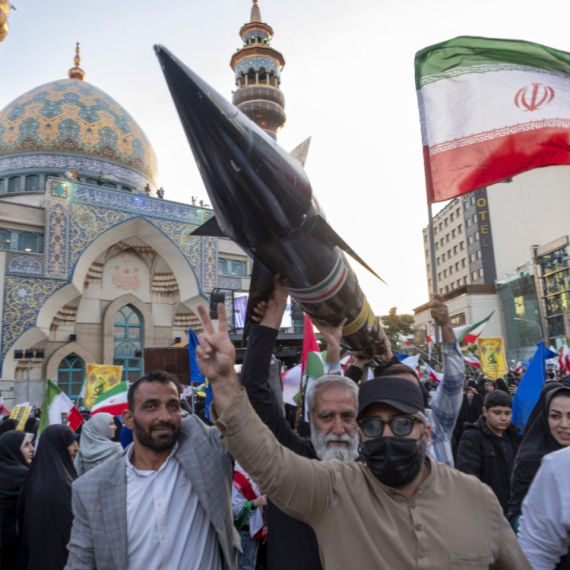








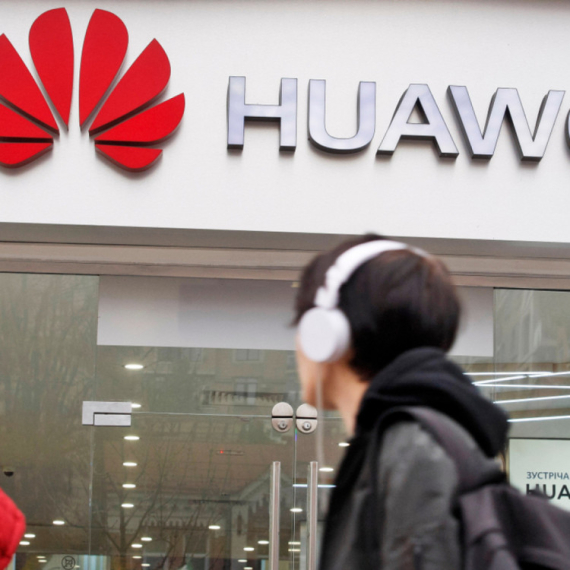











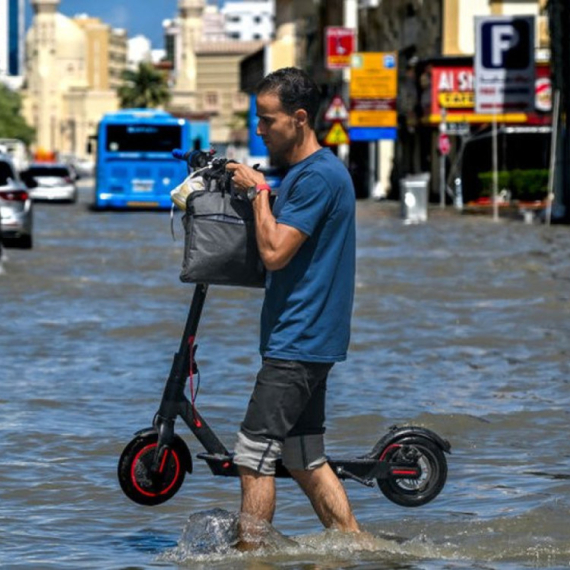
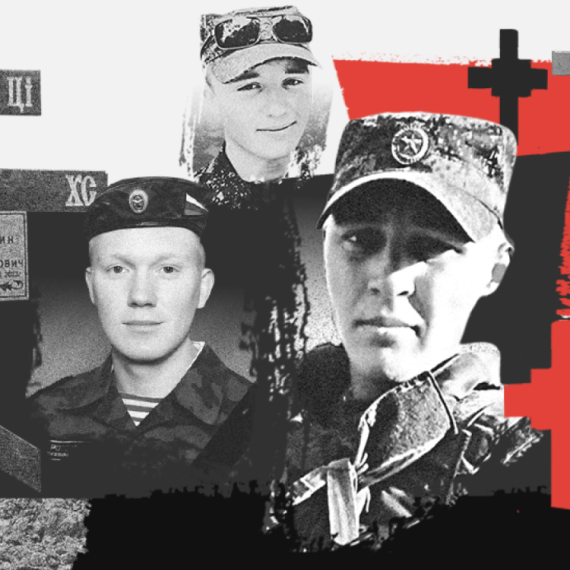


Komentari 28
Pogledaj komentare